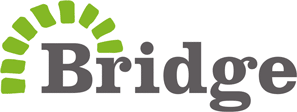UN education goal will not be achieved by increased aid
11 July 2019
UNESCO has predicted that the international community “will fail to meet” the agreed targets to improve education by the year 2030, the enshrined UN Sustainable Development Goal 4.
The new report calls for a six fold increase in financial aid directed at education in low and middle income countries. The UN report says in 2030 one in six children in the world will still not be in school. On current trajectories, nearly all low and middle income countries will have significant numbers of children out of school or in a school where they are not learning even the basics of literacy and numeracy.
Despite the hundreds of millions of dollars of aid money that has been poured into education, learning outcomes remain abysmal. For decades the international community has focused on inputs not outcomes. Simply increasing aid and deploying it, as it has been for years, will do little to reverse the current failures. It is time to be serious about partnering with non-state actors to deliver swift sustainable rather than remaining trapped in traditional approaches to aid and cumbersome approaches to scale.
“The UN report presupposes that the way to increase quality education in the developing world is primarily via more financial aid. However, many leading global institutions have rightly challenged this one dimensional thinking to point out that non-state actors and investment from the private sector can and already does play a major role in helping to tackle the global learning crisis. The World Bank, Brookings think tank, CDC Group, and even USAid and DFID all agree that non-state actors should be increasingly engaged to improve education in low and middle income countries and achieve SDG4. Looking to aid as the solution simply perpetuates a model that has been ineffective for many decades and failed to improve learning outcomes. Expecting governments in developing countries to rely on hand outs and tax payers in richer countries is not a sustainable solution; for either party. Clearly multi-laterals and donor governments have a role to play, but the global community should look at how others are already helping governments to achieve large scale public sector transformation in more sustainable ways” said a spokesperson from Bridge International Academies.
In Edo State, Nigeria a public system transformation has taken place in the space of just nine months. Improving learning outcomes, getting children back into school and re-training government teachers all within the existing state budgets. It is only through innovation, non-state actors and sustainable approaches that we can hope to fulfil every child’s right to education.
END
Contact details:
Bridge press office
media@
+44 (0) 20 3813 8236
Notes to editors
The full report is available on this UN site.
About Bridge
Bridge believes every child has the right to high quality education and works in partnership with governments, communities, parents and teachers to improve access to quality education. Bridge has served more than 500,000 children to date and runs or supports over a 1,000 schools.
Bridge leverages in-depth teacher training and support, advanced lesson plans and wireless technology to provide pupils with a meaningful and life-changing education. Globally, there is an education crisis. Around 600 million children are either not in school at all, or in school and not learning. Bridge is committed to helping tackle this through a data driven, evidence based approach that delivers strong schools and a great education for all.





